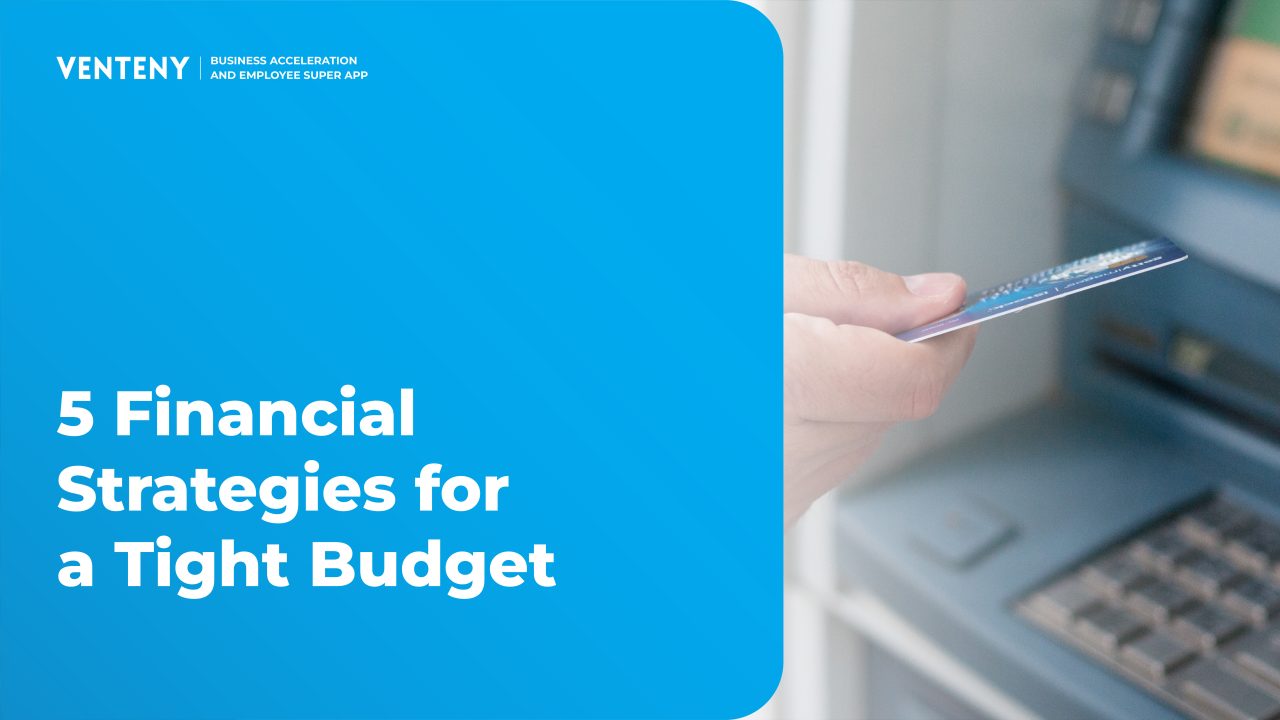Ever feel like your salary is just passing through your account? The moment your paycheck comes in, it’s gone to bill payments, daily necessities, and a little “reward” for yourself. Before you know it, there’s nothing left to save or invest. But don’t worry, having a modest salary doesn’t mean you’re powerless. With the right strategies, you can manage your money so it’s enough to cover your needs, and maybe even have some left over for savings or investments. Here are five practical financial strategies you can start using today.
-
Track Every Expense
This is the simplest step, but also the one people skip most often. We tend to think, “It’s just $2 for coffee” or “Only $1 for snacks,” but when you add it up, the total can be surprising.
You can use a budgeting app or jot it down in a notebook. Separate essential expenses like food, transport, and utilities from impulsive purchases that you can cut down on.
-
Set a Realistic Budget
Once you know your spending patterns, it’s time to make a budget. A popular approach is the 50/30/20 rule:
- 50% for needs (food, transport, bills)
- 30% for wants (entertainment, hobbies, dining out)
- 20% for savings or investments
This isn’t a rigid rule; adjust it to your situation. A budget that’s too strict can cause stress and is more likely to fail.
-
Start Small With Savings
You don’t need a big salary to start saving. The key is consistency. Try setting aside just $1–$2 per day. It sounds small, but it adds up over time.
If you tend to forget or dip into your savings, consider using auto-debit or keeping your savings in an account without an ATM card to avoid temptation.
-
Avoid Unnecessary Debt
Debt isn’t always bad, but it’s risky when it’s for consumptive purposes, such as buying the latest gadget when your current one still works fine. High interest rates can quickly strain your finances.
If you have urgent needs, consider safer alternatives like Earned Wage Access (EWA), which lets you access your earned salary before payday, often with lower fees than traditional loans.
-
Find Additional Income
If you’ve already cut expenses but still struggle, it might be time to increase your income. You could:
- Do freelance work in your area of expertise
- Start an online shop
- Become a reseller or dropshipper
- Monetize skills like design, writing, or photography
Even an extra $30–$70 a month can make a noticeable difference.
The Key Is Consistency
Managing a tight budget takes extra effort, but it’s doable. Tracking expenses, budgeting wisely, saving consistently, avoiding unnecessary debt, and finding extra income can help you take control of your finances.
Remember, it’s not about how much you earn, it’s about how smartly you manage it. Start applying these strategies one step at a time, and your future self will thank you.




